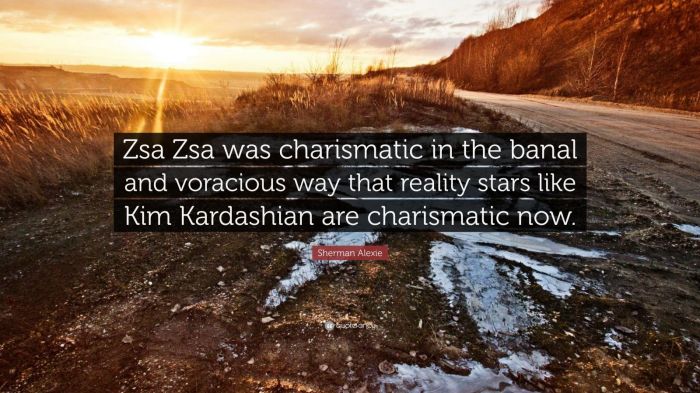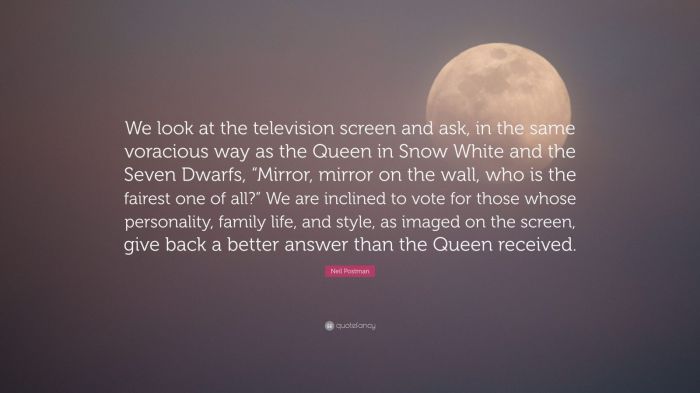In a candid voracious way, we dive into the complexities of unfiltered communication and the relentless pursuit of personal growth. This exploration delves into the transformative power of candor and the challenges that accompany it, promising an insightful journey that will resonate with those seeking authenticity and self-discovery.
Through real-life examples, expert perspectives, and thought-provoking discussions, we uncover the profound impact of being candid and voracious, revealing its potential to foster trust, cultivate personal fulfillment, and navigate interpersonal dynamics with grace and resilience.
Explain the meaning of the phrase “in a candid voracious way.”

The phrase “in a candid voracious way” describes an approach that is both honest and eager. “Candid” means being open and direct, while “voracious” means eager or greedy.
Someone who acts in a candid voracious way is not afraid to speak their mind or ask questions. They are also willing to learn and experience new things.
Implications of using the word “candid”
The word “candid” has several implications when used in this phrase:
- It suggests that the person is not afraid to be honest, even if their opinions are unpopular.
- It implies that the person is willing to share their thoughts and feelings openly.
- It indicates that the person is not afraid to ask questions or seek clarification.
Examples of situations where someone might act “in a candid voracious way”
Here are a few examples of situations where someone might act in a candid voracious way:
- A student who asks their teacher a question about a topic they don’t understand.
- A job candidate who asks the interviewer about the company’s culture and values.
- A friend who tells you that they don’t like your new haircut.
Describe the potential benefits of being candid and voracious.

Embracing candor and voracity offers a plethora of benefits, fostering personal growth, strengthening relationships, and unlocking new opportunities.
Fostering Trust and Respect, In a candid voracious way
Candor, the quality of being open and honest, plays a crucial role in building trust and respect. When individuals are candid, they communicate their thoughts and feelings authentically, allowing others to understand their perspectives and intentions. This transparency fosters a sense of reliability and trustworthiness, as people can rely on candid individuals to be genuine and forthright.
Personal Growth and Fulfillment
Voracity, characterized by an insatiable desire for knowledge and experiences, fuels personal growth and fulfillment. Individuals who embrace voracity are constantly seeking new challenges, exploring diverse perspectives, and pushing their boundaries. This relentless pursuit of knowledge and experiences enriches their lives, expands their horizons, and cultivates a deep sense of purpose and accomplishment.
Identify the challenges associated with being candid and voracious

Being candid and voracious can be a powerful combination, but it also comes with its own set of challenges.One of the biggest challenges is the potential for misunderstandings or conflict. When you’re being candid, you’re not always going to say what people want to hear.
In a candid voracious way, we explore the depths of language, uncovering words with a shared lineage. Delving into the words with the stem rupt , we unravel their etymological tapestry. These words, like threads in a linguistic fabric, connect us to a richer understanding of our communicative tapestry.
In a candid voracious way, we continue our linguistic expedition, uncovering the hidden gems of language.
This can lead to hurt feelings, resentment, or even conflict. It’s important to be aware of this potential and to be prepared to deal with it in a constructive way.Another challenge is that voracity can sometimes be perceived as aggression or insensitivity.
When you’re voracious, you’re not always going to be able to control your impulses. This can lead to you saying or doing things that you later regret. It’s important to be mindful of your behavior and to make sure that you’re not coming across as aggressive or insensitive.
Tips for navigating these challenges effectively
Here are a few tips for navigating the challenges of being candid and voracious:
- *Be respectful. Even when you’re being candid, it’s important to be respectful of others. This means listening to what they have to say, even if you don’t agree with them, and being mindful of your tone of voice and body language.
- *Be honest. Don’t sugarcoat your words or try to avoid saying what you really think. Honesty is always the best policy, even if it’s not always easy.
- *Be tactful. There’s a difference between being candid and being tactless. It’s important to be able to express your opinions in a way that doesn’t offend or alienate others.
- *Be open to feedback. Not everyone is going to appreciate your candor. Be open to feedback and be willing to adjust your behavior accordingly.
Being candid and voracious can be a challenge, but it’s also a powerful way to live your life. By following these tips, you can navigate the challenges and reap the rewards of being true to yourself.
Design a table comparing the traits of a candid and voracious person to those of a reserved and passive person.

Candid and voracious individuals are known for their openness and eagerness, while reserved and passive individuals tend to be more guarded and less assertive. The following table compares the traits of these two types of people:
| Trait | Candid and Voracious | Reserved and Passive |
|---|---|---|
| Communication style | Direct, honest, and expressive | Indirect, guarded, and reserved |
| Approach to challenges | Proactive, assertive, and risk-taking | Reactive, cautious, and avoidant |
| Impact on relationships | Can be both positive and negative, depending on the situation | Generally positive, but may lack depth and intimacy |
Organize a list of famous quotes that embody the spirit of being candid and voracious.
Candid and voracious individuals are often characterized by their openness, curiosity, and drive. They are not afraid to speak their minds, ask questions, and pursue their passions with enthusiasm. Throughout history, many famous figures have embodied the spirit of candor and voracity, leaving behind a legacy of inspiring quotes.
Famous Quotes Embodying Candor and Voracity
- “The truth will set you free, but first it will piss you off.”– Gloria Steinem, feminist writer and activist. This quote highlights the uncomfortable but ultimately liberating nature of candor.
- “I have no special talent. I am only passionately curious.”– Albert Einstein, physicist. This quote emphasizes the importance of voracity in the pursuit of knowledge and discovery.
- “The only source of knowledge is experience.”– Albert Einstein, physicist. This quote encourages us to embrace voracity in all aspects of life, as it is through experience that we truly learn and grow.
- “Be yourself; everyone else is already taken.”– Oscar Wilde, playwright and poet. This quote promotes candor by reminding us that it is better to be true to ourselves than to conform to societal expectations.
- “The unexamined life is not worth living.”– Socrates, Greek philosopher. This quote emphasizes the importance of both candor and voracity in the pursuit of a meaningful life.
Create a hypothetical scenario where a person must decide whether to act in a candid and voracious way or to remain reserved and passive.

Imagine a young professional named Emily who has just started working at a prestigious law firm. She is eager to make a good impression and prove her worth. During a team meeting, she notices that her colleagues are discussing a case that she has been working on.
They are making several inaccurate statements and assumptions, which could potentially harm the case. Emily knows that she has the knowledge and expertise to correct them, but she is hesitant to speak up. On the one hand, she wants to be candid and voracious, sharing her insights and ensuring the accuracy of the discussion.
On the other hand, she is concerned about appearing overeager or confrontational, which could damage her relationships with her colleagues.
Factors to Consider
When making her decision, Emily should consider several factors, including:
- The importance of the issue.How significant are the inaccuracies and assumptions being made? Could they potentially harm the case or the firm’s reputation?
- Her level of expertise.Is Emily confident in her knowledge and ability to provide accurate information? Is she the most qualified person to speak up?
- The potential consequences of speaking up.How will her colleagues react? Could it damage her relationships with them or her reputation within the firm?
- The potential consequences of remaining silent.What could happen if Emily does not speak up? Could the inaccuracies and assumptions lead to negative outcomes for the case or the firm?
Emily must carefully weigh these factors before making a decision. There is no easy answer, and the best course of action will depend on the specific circumstances.
FAQ Overview
What is the essence of being candid and voracious?
Candid voracity involves communicating openly and honestly, while also pursuing personal growth with relentless determination.
How can candor foster trust?
When we are candid, we demonstrate transparency and authenticity, which builds trust by creating a foundation of open and respectful communication.
How does voracity lead to personal fulfillment?
Voracity drives us to push beyond our comfort zones, embrace challenges, and continuously seek growth and self-improvement, leading to a more fulfilling and meaningful life.